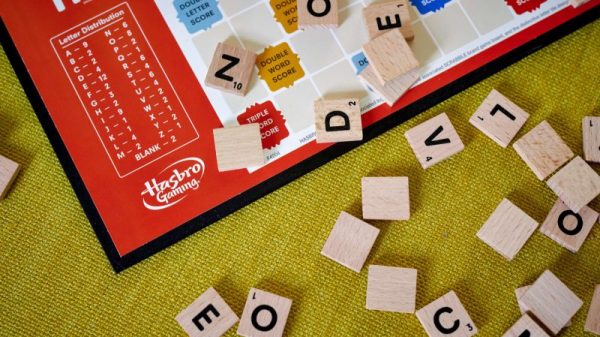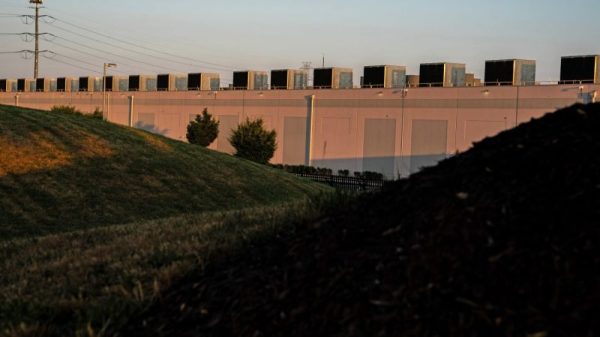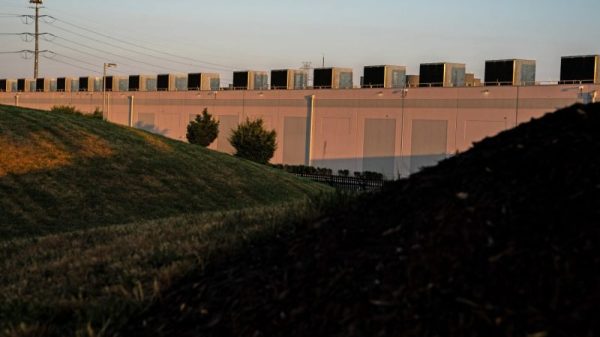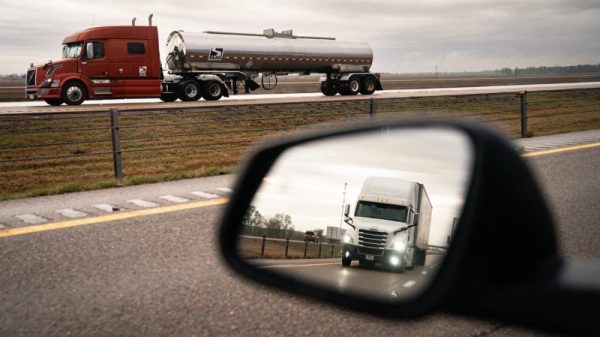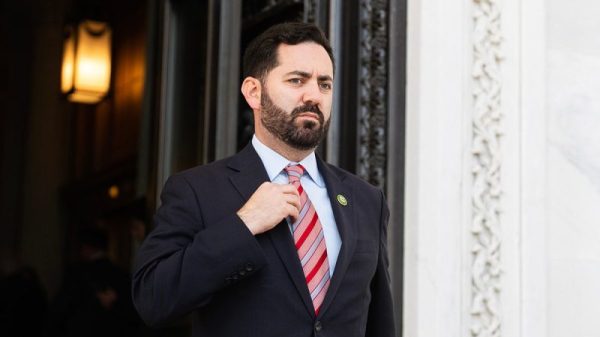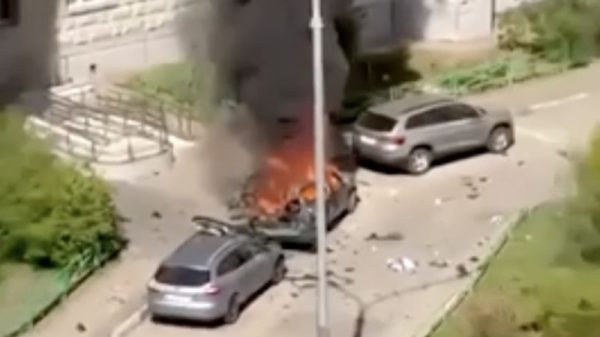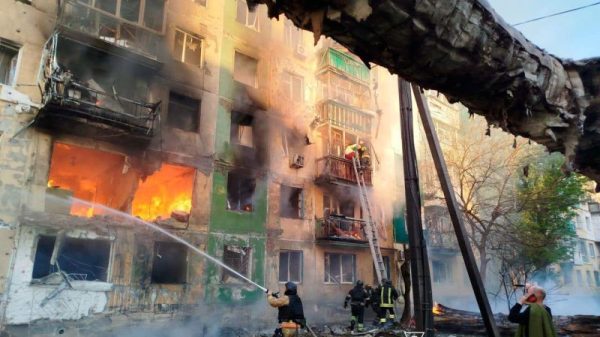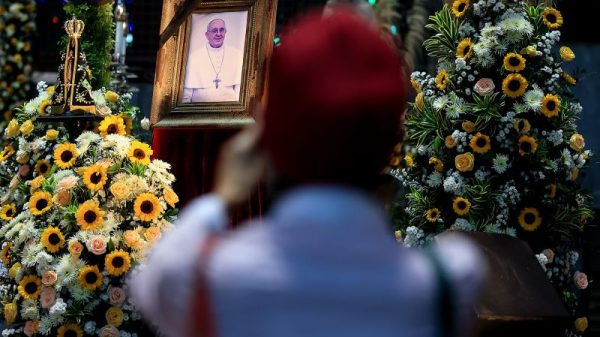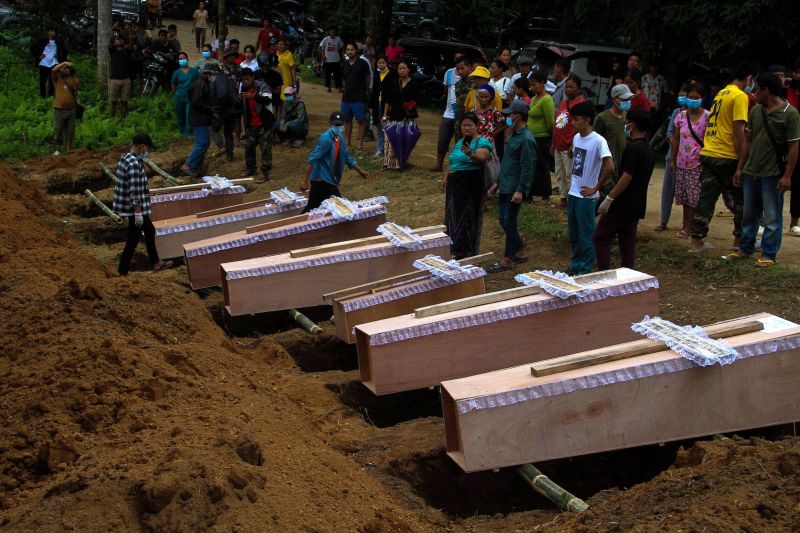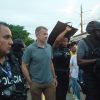The United Nations says it is “deeply concerned” by reports that civilians, including women and children, were killed and injured in a bombing at a camp for internally displaced people in Myanmar.
At least 30 people, including 13 children, died and more than 50 were injured in the attack on the camp near the country’s border with China on Monday, according to Myanmar’s government-in-exile, the National Unity Government.
That would make it one of the deadliest attacks on civilians since military leader Min Aung Hlaing seized control of the country in a coup more than two years ago, a move that has since led to a mass displacement of civilians and spawned a resistance movement across the Southeast Asian nation.
The bombing on Monday took place near the town of Laiza, in northern Kachin state. Laiza is home to the headquarters of the Kachin Independence Army, which has been locked in a conflict with Myanmar’s military for decades.
The National Unity Government’s parliamentary wing, the Committee Representing the Pyidaungsu Hluttaw (CRPH), has blamed the bombing on the junta, but the military’s spokesperson Zaw Min Tun on Tuesday denied this and claimed instead that rebel groups were behind the explosion.
The UN in Myanmar said Tuesday in a statement on X, formerly Twitter, that it was “deeply concerned by initial reports from Kachin that civilians, including women and children, have been killed and injured in a bombing that impacted an IDP (internally displaced people) camp near Laiza last night.”
“IDP camps are places of refuge, and civilians, no matter where they are, should never be a target,” it added.
The British embassy in Myanmar also said it was “appalled by” the reports of innocent civilians being killed.
“In the past year, at least 3,857 civilians have been killed by the military and at least 1.2 million have had to flee their homes due to violence,” Head of Mission Ken O’Flaherty said on X Tuesday.
Calling the attack “unacceptable”, he added, “We reiterate that the Myanmar military must stop its brutal campaign against the Myanmar people.”
Myanmar’s military seized power in February 2021 after detaining civilian leader Aung San Suu Kyi and numerous top government figures, dashing hopes for a more democratic future for the country.
Since then, human rights groups have warned of crackdowns on anti-coup protests, arrests of journalists and political prisoners and executions of several leading pro-democracy activists.
Suu Kyi has received multiple lengthy prison sentences following a series of secretive trials, though the junta has since pardoned her on five charges. It is not clear how many more years she will remain in jail.
The country remains mired in violence and instability. Many teenagers and fresh graduates, whose lives and ambitions have been upended by a conflict with no end in sight, have joined rebel groups to take the fight to the military.






